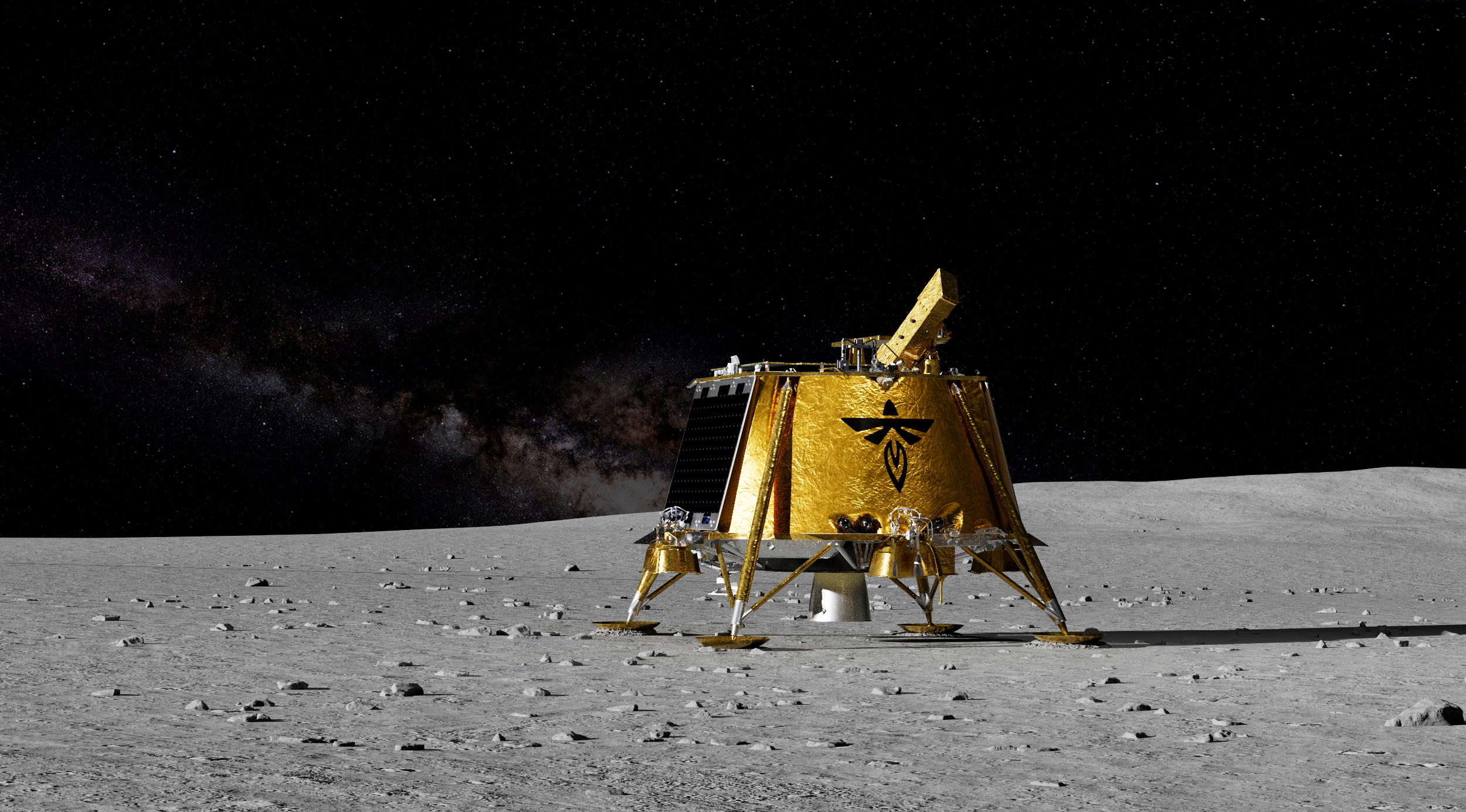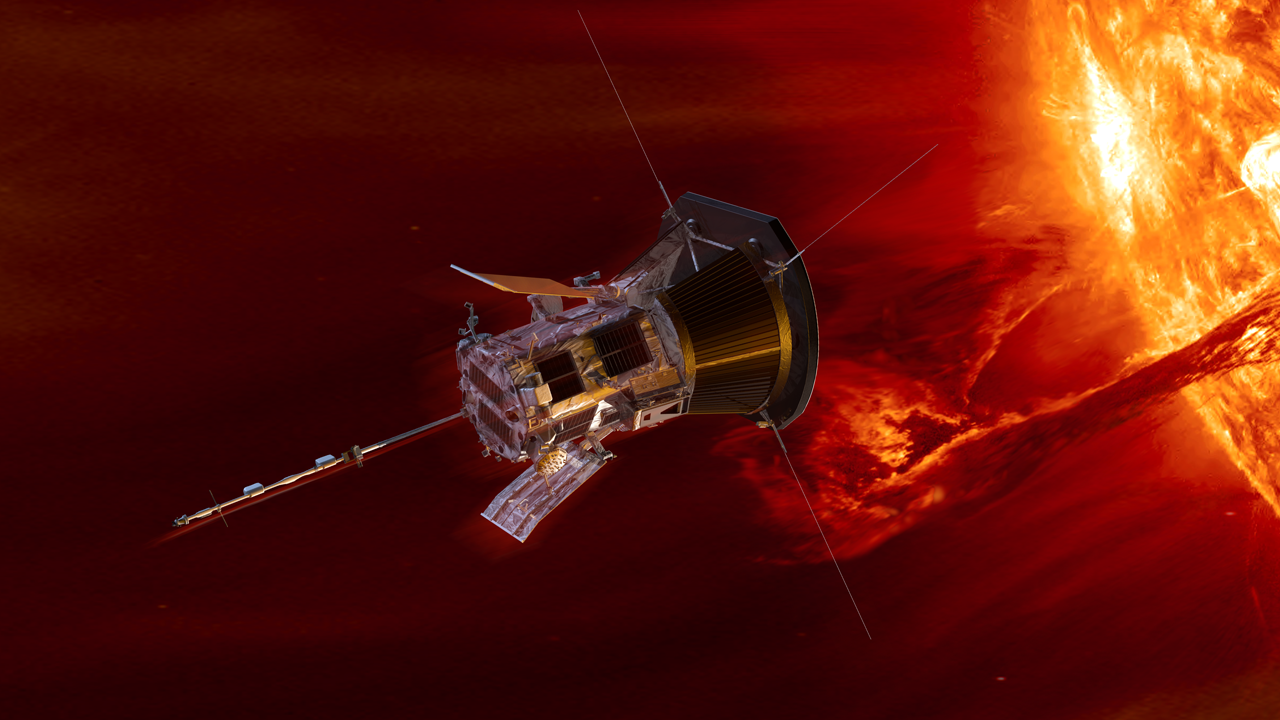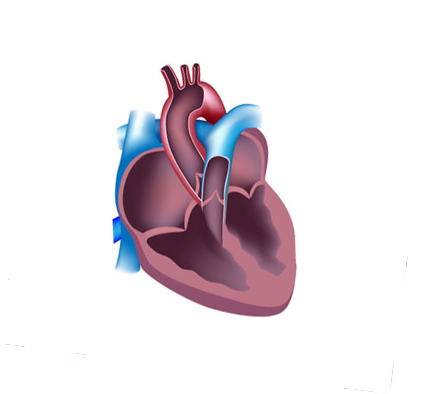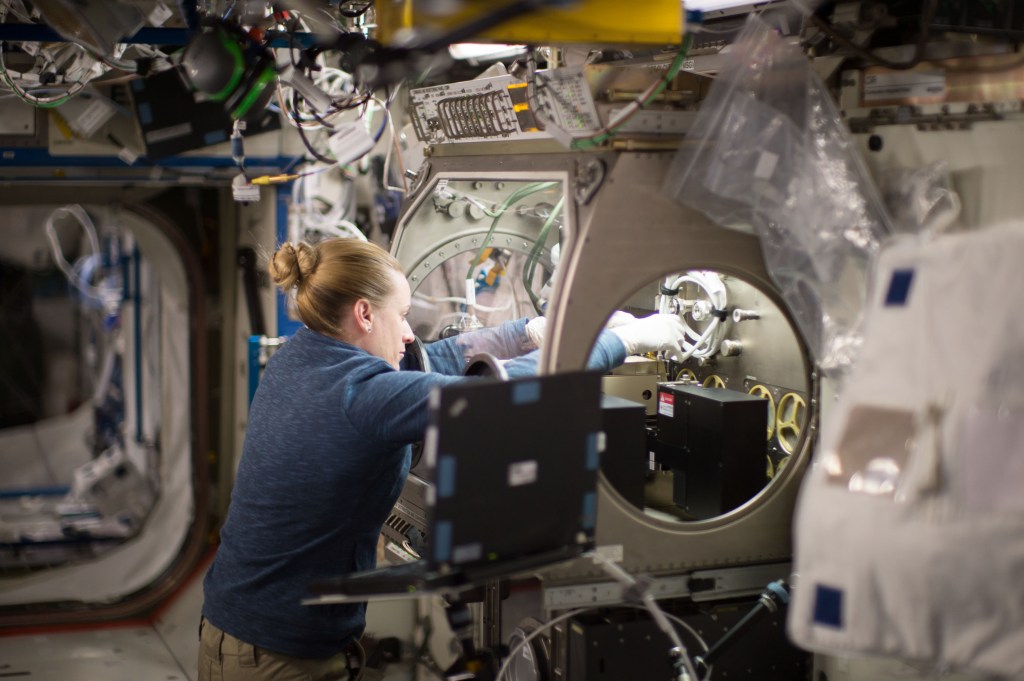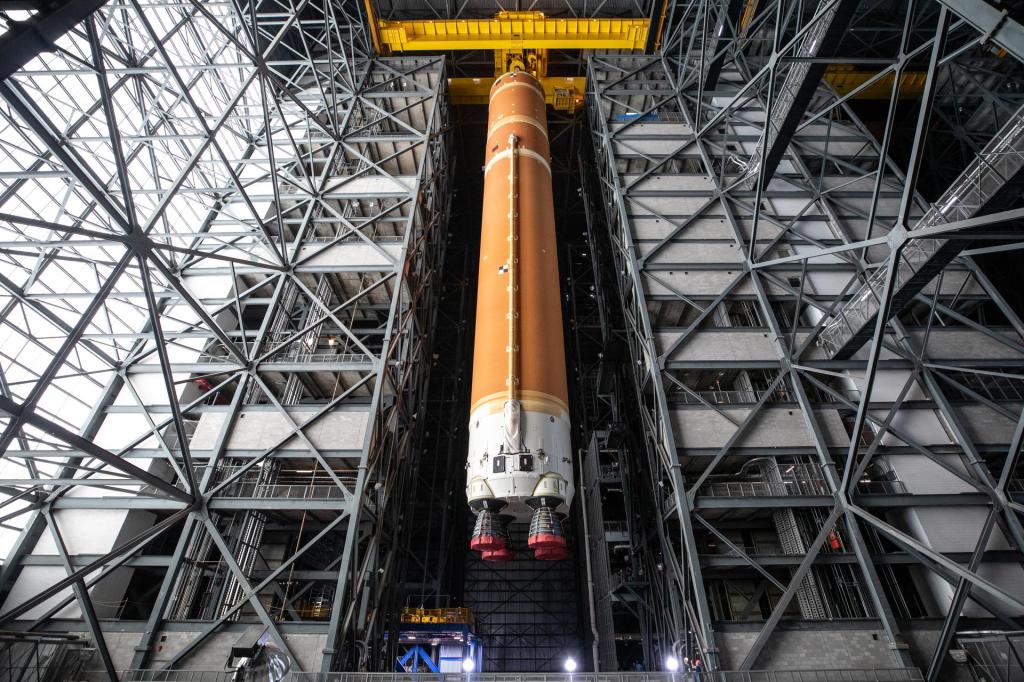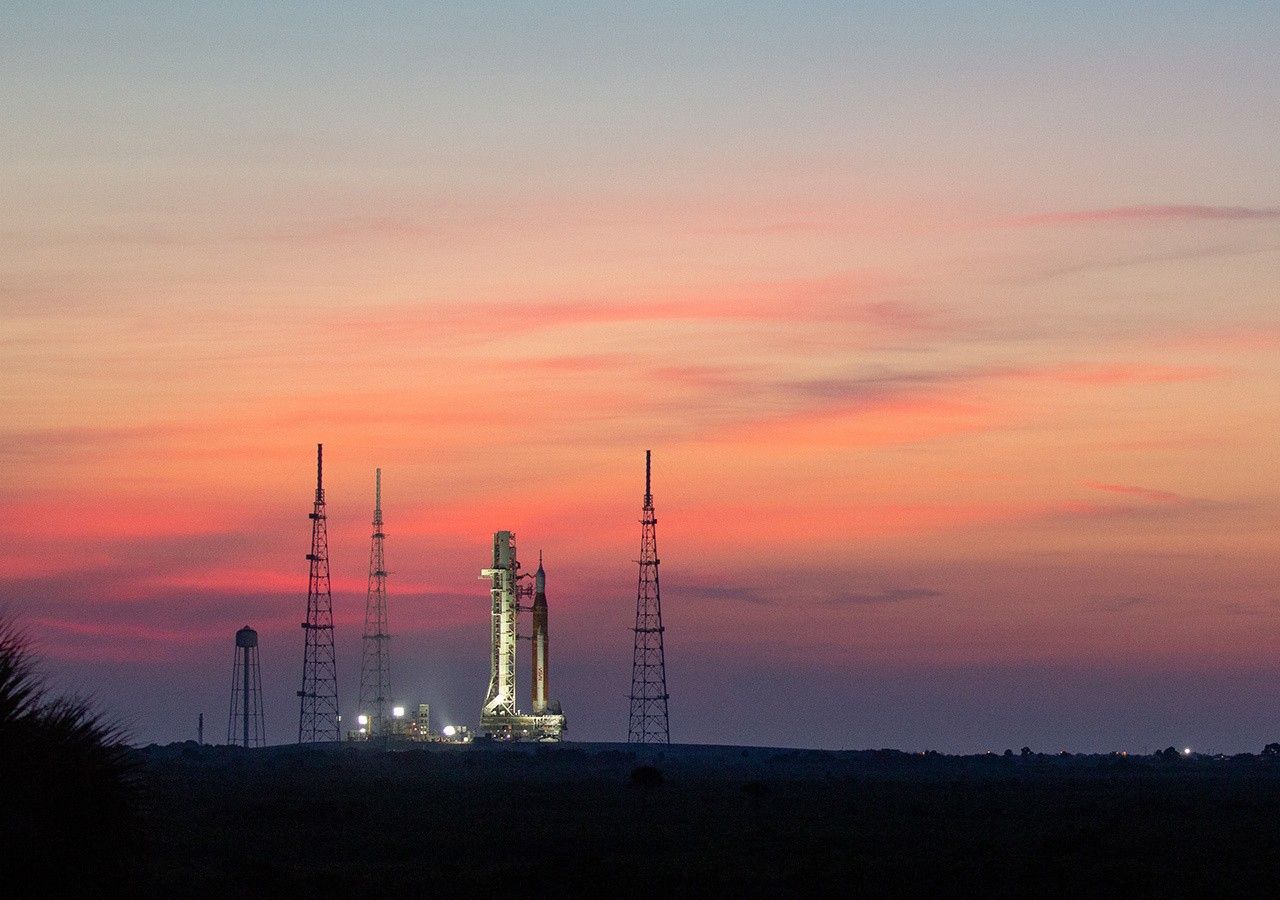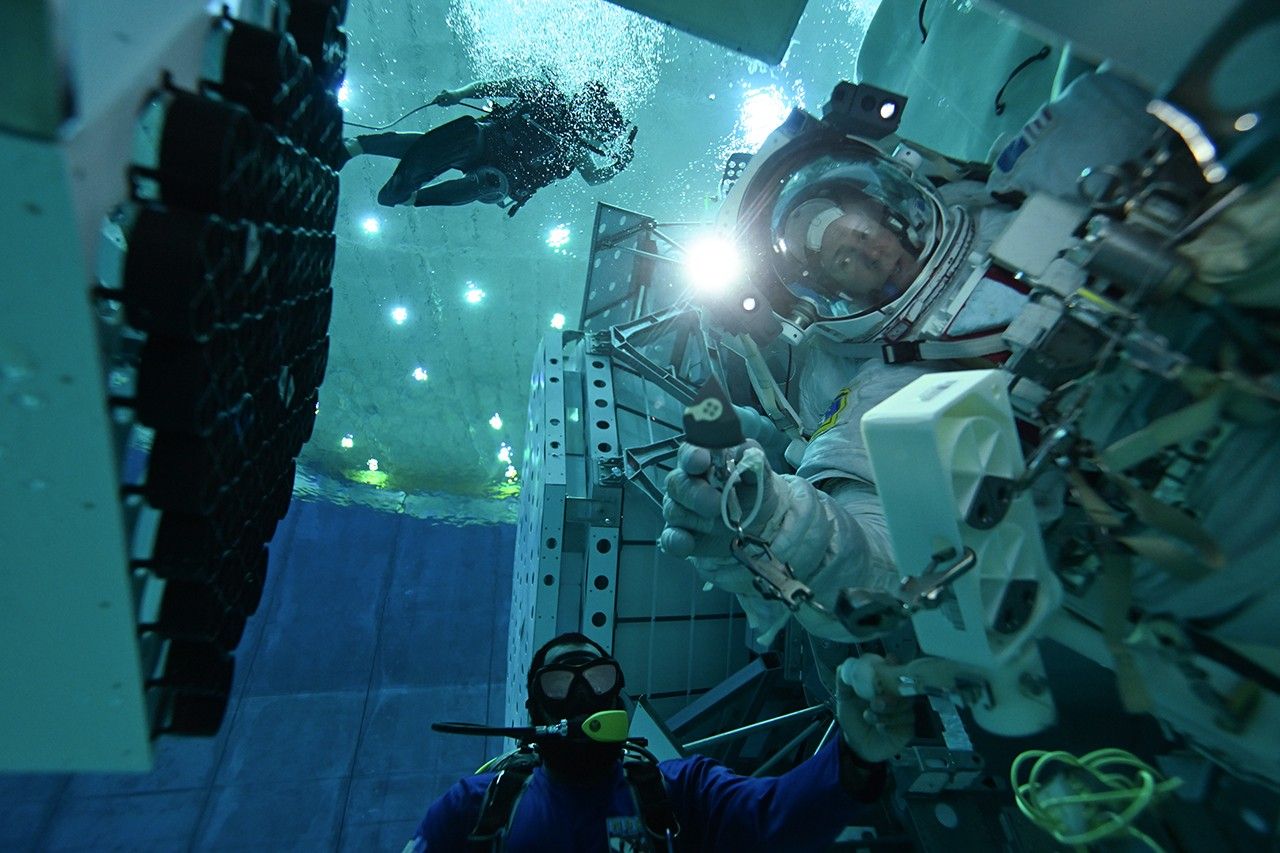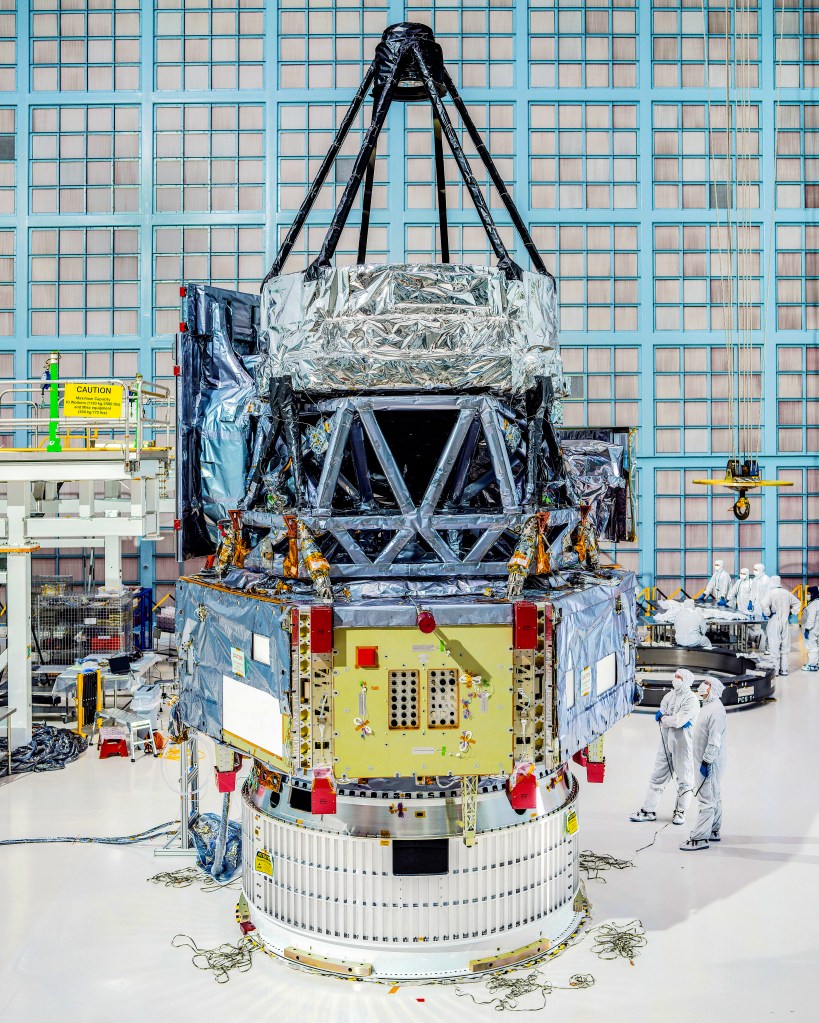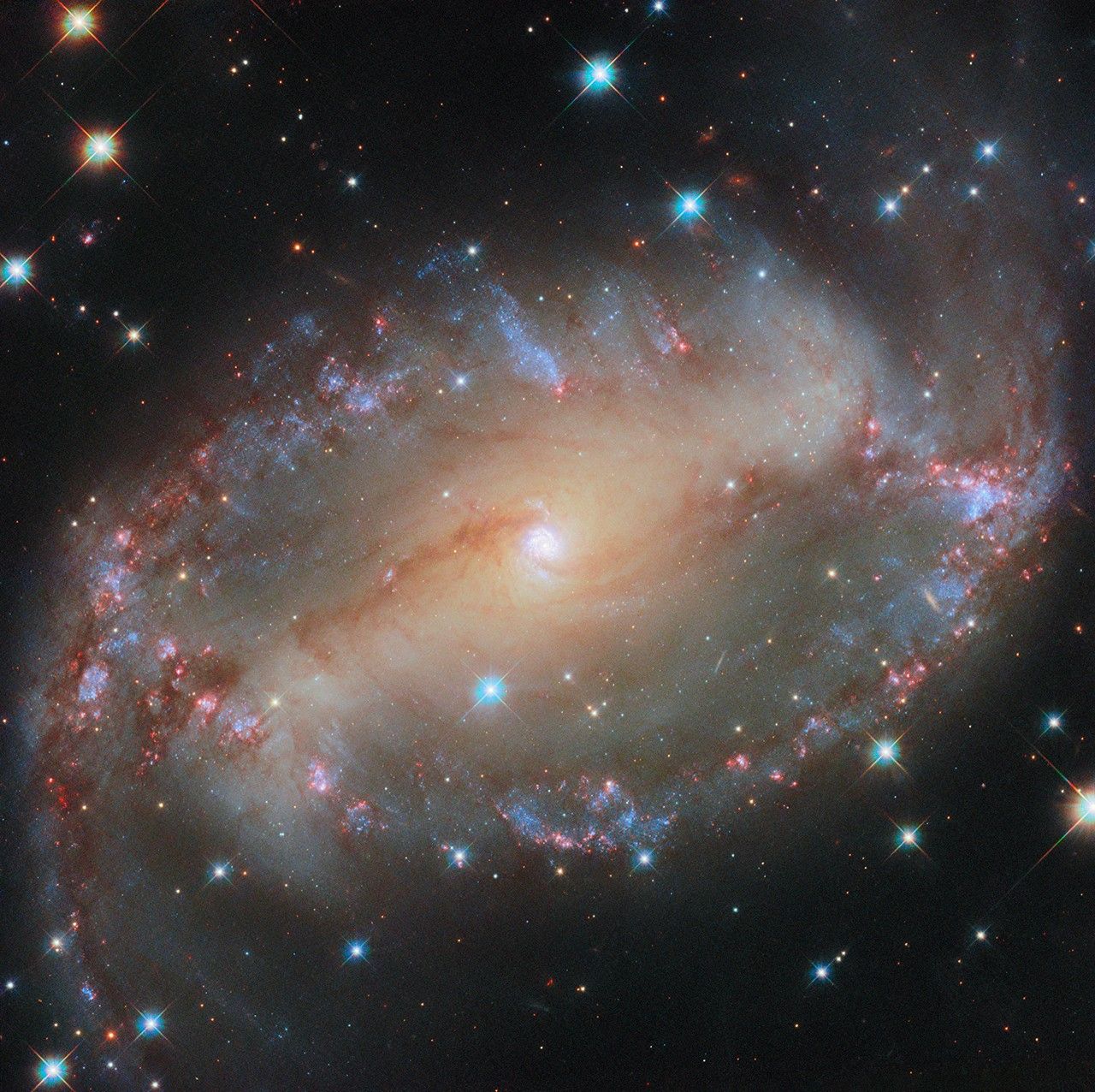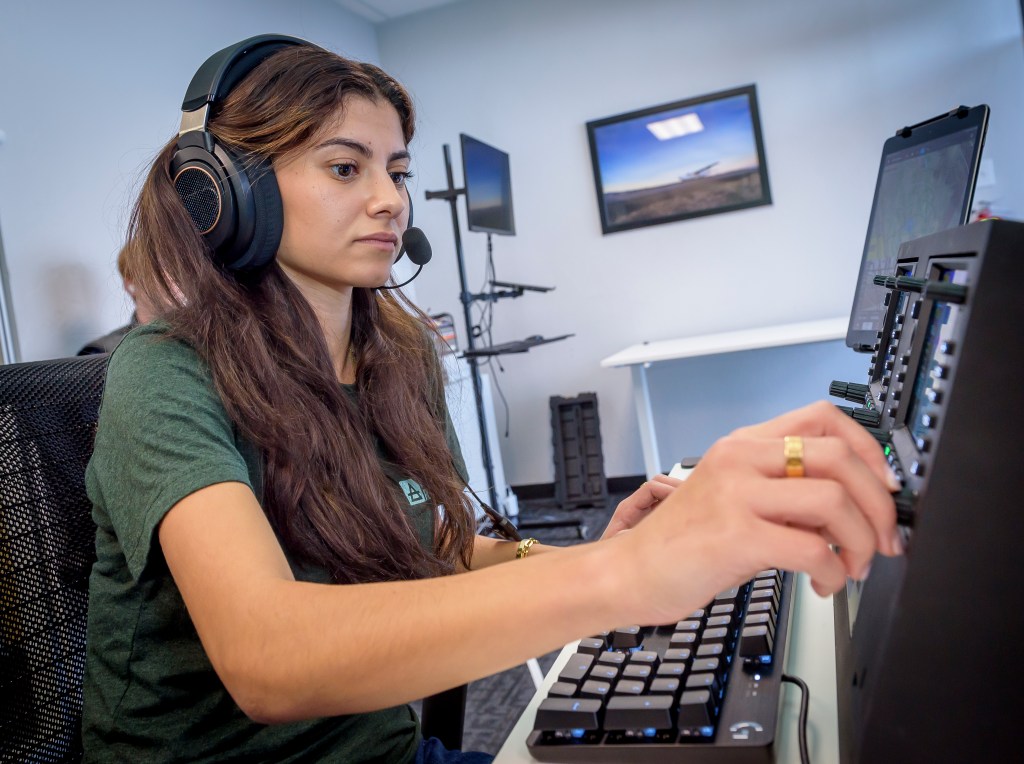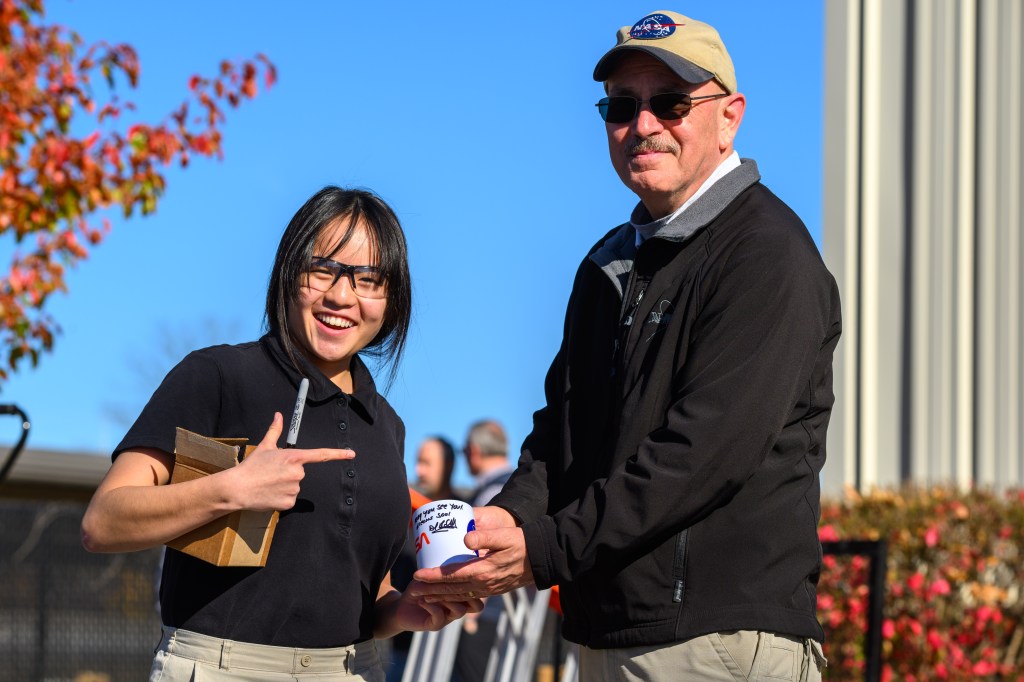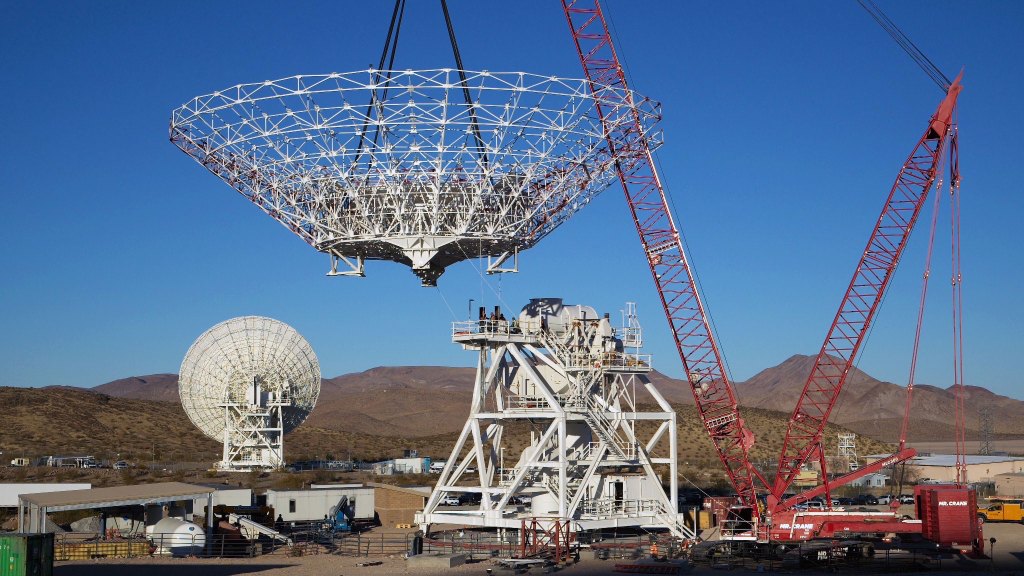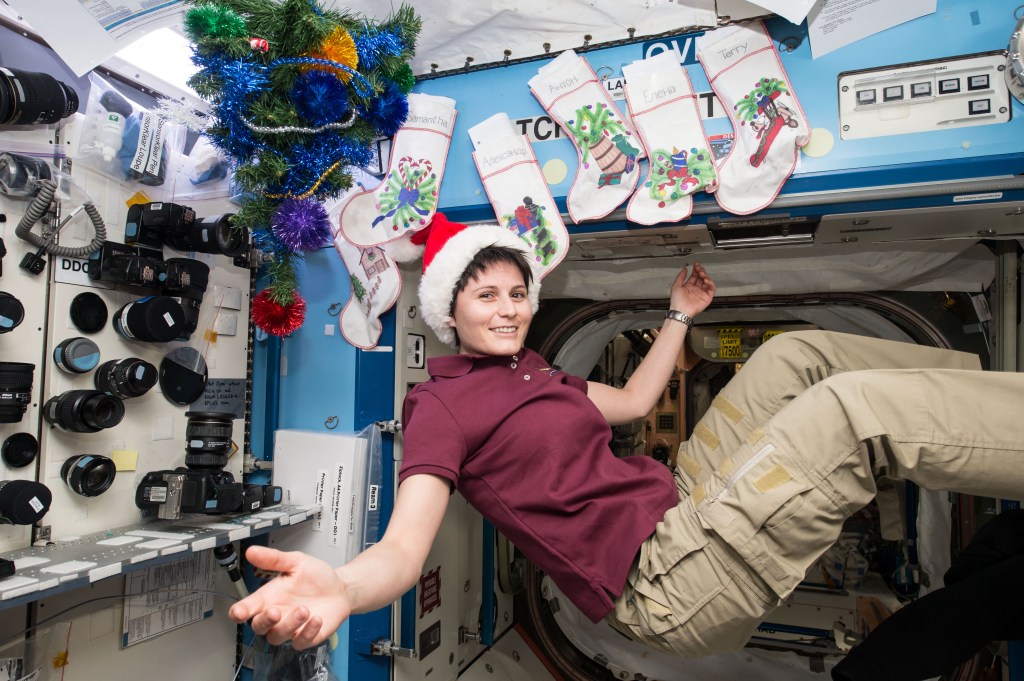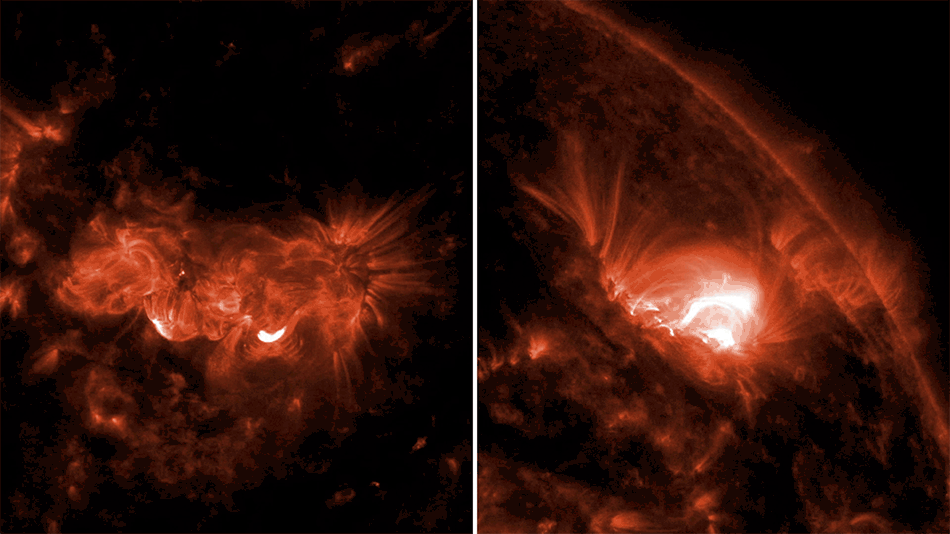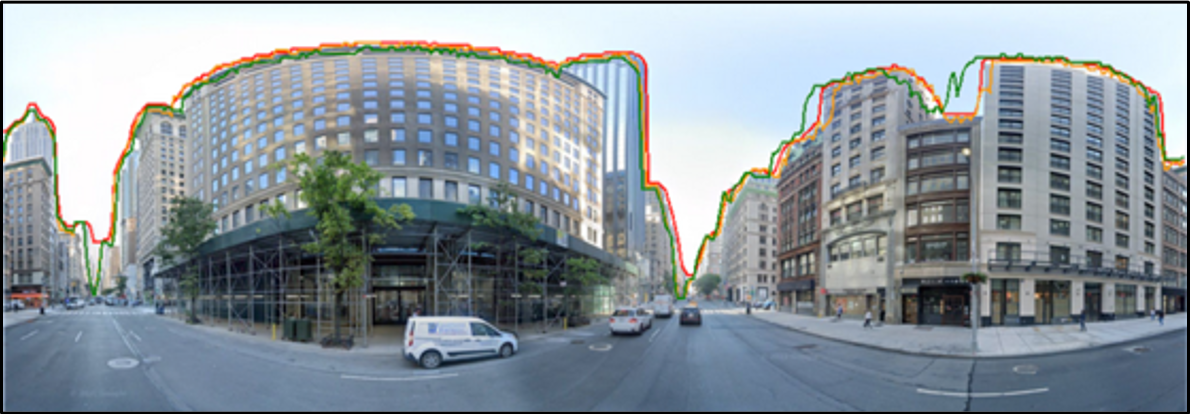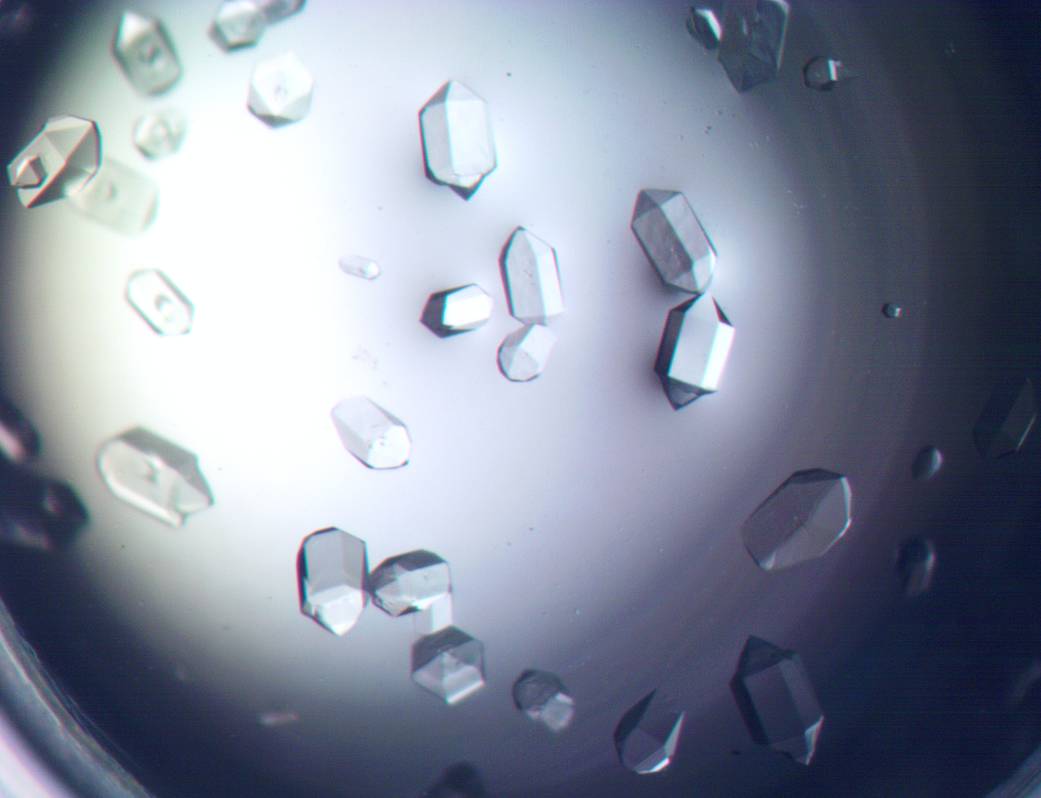There are more than 100,000 proteins in the human body. Every structure is different, and each one of them holds important information related to our health. Each protein has a unique and complicated structure that is closely related to its function. Therefore, revealing a protein’s structure leads to an understanding of its function. However, it is difficult to analyze protein structures here on Earth, where gravity interferes with optimal growth. Previous research has shown that microgravity produces high-quality protein crystals that can be analyzed to identify possible targets for drugs to treat disease.
The Real-Time Protein Crystal Growth 2 study will produce high-quality protein crystals for up to eight proteins that will undergo detailed analysis back on Earth.
Astronauts will observe the crystals, report on their growth, and then make changes based on initial observations.
In this image, Aeropyrum pernix Flap Endonuclease-1 (FEN-1) protein crystals are shown grown under Earth gravity conditions. FEN-1 will serve as the experimental protein for the Real Time Protein Crystal Growth 2 study.
Learn more about the latest research on the station.
Image Credit: University of Toledo


